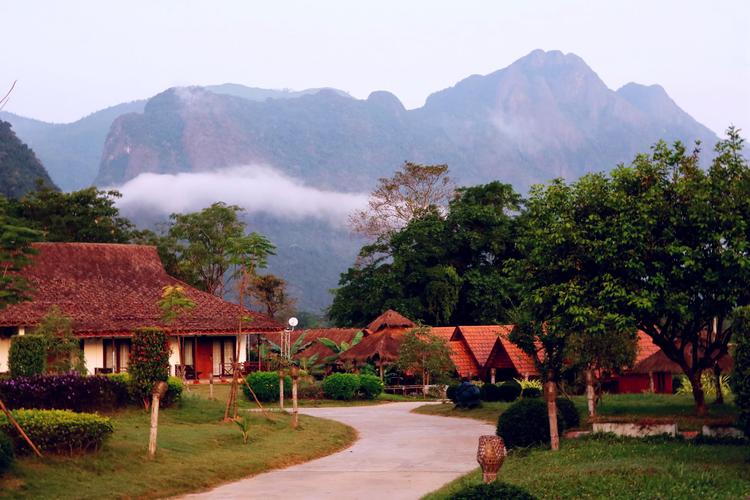Possible article:
10 Eye-Opening Facts About Cultural Identity That Will Amaze You
Have you ever stopped to think about what makes you who you are? Your cultural identity is a complex and multifaceted construct that is shaped by a wide range of factors, including geography, history, religion, language, education, family, and media. Understanding cultural identity is not only crucial for building empathy and respect for diversity, but also for promoting social justice and human rights. In this article, we will explore 10 eye-opening facts about cultural identity that will expand your knowledge and challenge your assumptions.
1. Cultural identity is not fixed or absolute. It can evolve over time and vary depending on context. For example, a person who identifies as an American may feel more or less connected to that identity when traveling abroad or interacting with different subcultures.
2. Cultural identity is not monolithic or homogeneous. Even within a given cultural group, there can be significant differences in values, beliefs, and practices. For example, not all Muslims share the same interpretation of Islam, and not all Chinese people speak Mandarin.
3. Cultural identity is not static or deterministic. It does not determine a person’s behavior or destiny. People have agency and can choose to adopt, reject, or negotiate their cultural identity. For example, a person born to conservative Hindu parents may decide to convert to Christianity or become an atheist.
4. Cultural identity is not solely based on biology or ancestry. It can be acquired through socialization, education, and exposure. For example, a person of European descent who grew up in Africa may identify more with African culture than with European culture.
5. Cultural identity is not always visible or explicit. Some people may conceal or downplay their cultural identity for various reasons, such as safety, assimilation, or social acceptance. For example, a gay Muslim may not publicly express their sexuality or religious affiliation to avoid discrimination or persecution.
6. Cultural identity is not immune to conflict or change. It can be a source of tension and division within and between groups. For example, the conflict between Israel and Palestine is partly rooted in competing claims to the same land and cultural heritage.
7. Cultural identity is not a zero-sum game. It is not necessary to erase or suppress one’s own identity in order to respect or appreciate others. Instead, cultural identity can enrich each other through dialogue and exchange. For example, fusion cuisine blends elements of different food traditions to create new flavors and forms.
8. Cultural identity is not an excuse for discrimination or supremacy. It is not ethical or logical to claim that one’s own cultural identity is superior or more legitimate than others. Instead, cultural identity should be seen as a source of creativity and diversity that deserves to be celebrated and protected. For example, UNESCO has designated numerous cultural heritage sites around the world as world heritage for their outstanding universal value.
9. Cultural identity is not a barrier to communication or collaboration. Despite differences in language, customs, and perspectives, people can find common ground and work together towards shared goals. For example, international organizations such as the United Nations and the World Health Organization bring together people from different cultures to address global challenges.
10. Cultural identity is not something to be afraid of or ashamed of. It is a treasure to be discovered, explored, and shared. By embracing and respecting cultural identity, we can bridge divides, promote peace, and build a more inclusive and sustainable world. As the African proverb says, “If you want to go fast, go alone. If you want to go far, go together.”
In conclusion, cultural identity is a fascinating and complex topic that offers many insights into human nature and society. By learning more about cultural identity, we can gain a deeper appreciation for ourselves and others, and become better global citizens.
(Note: Do you have knowledge or insights to share? Unlock new opportunities and expand your reach by joining our authors team. Click Registration to join us and share your expertise with our readers.)
Speech tips:
Please note that any statements involving politics will not be approved.
